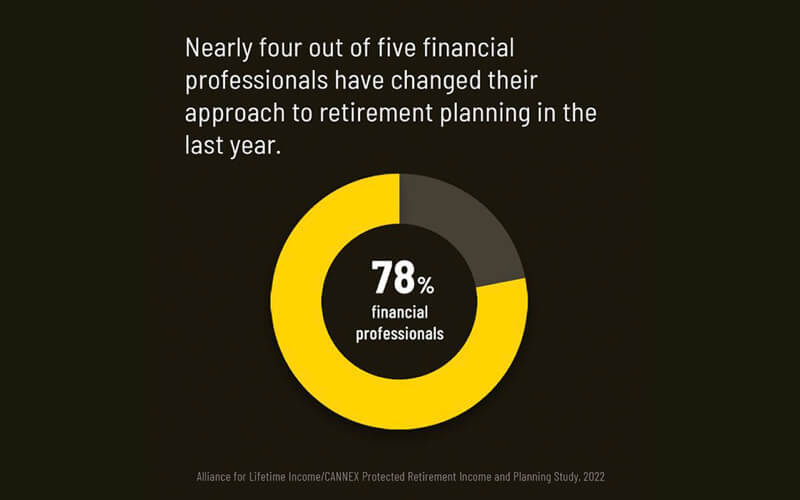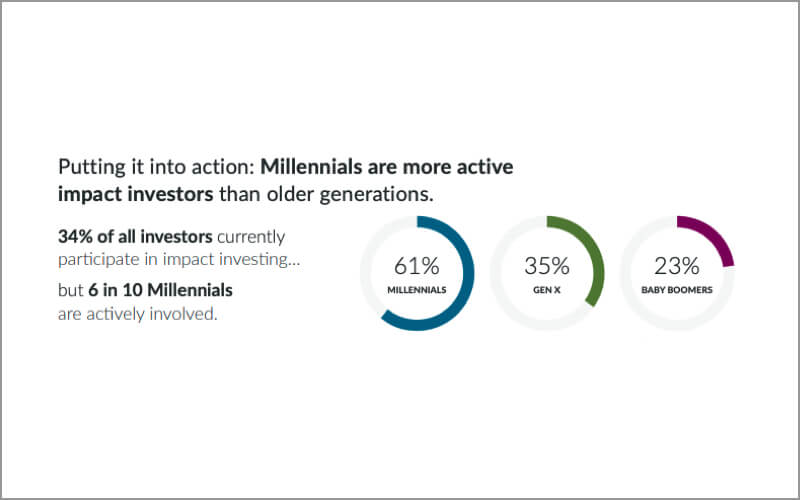Our clients at the Bipartisan Policy Center (BPC) recently published findings from our 2023 study that, in part, looked at the factors preventing today’s prime-age men (ages 20–54) from entering the workforce.
Importantly, the survey split out those who are not looking for work (out of the labor force) and those who are seeking work (unemployed), and we found that these populations had different factors impacting their reasons for not being in the workforce.
Headline findings include the following:
- Men out of the labor force are significantly more likely to cite a health-related barrier than unemployed men looking for work.
- Men out of the labor force indicate that paid sick leave, health insurance benefits, and mental health benefits are important when considering entering the workforce.
- Men are less likely than women to raise caregiving challenges as impediments to seeking work.
- Nearly half of respondents cite a lack of necessary skills as preventing them from working.
Supporting prime-age labor force participation will be vital amidst a changing U.S. demographic and economic outlook. These findings suggest that the provision of sick leave, health insurance benefits, flexible working arrangements, and paid personal medical leave are some important tools to encourage those, who are able, to enter the workforce.
Please see the full analysis on BPC’s site. These findings were pulled from an overarching Barriers to Work study we summarized last fall.



